Posted at 18:57h in
General by admin Thanks to hundreds of students, Wedu is creating the first ASEAN University Ranking
by Students,
for Students: The Wedu Ranking! This is not the arrival point, rather it is the beginning of a journey of discovery of the universities across South East Asia. We invite you to be involved and participate by sharing your experience. To participate as a
current student click here. To participate as an
alumnus and professional click here. THANK YOU to the students who have answered our survey! Today, we are proud to plant the seeds of what is going to be the very first ranking of universities in South East Asia that looks at what students really think of their university experience, and that can be used by all students to choose the best university for them! To make this ranking, we have been collecting the opinions of students on their universities. We have asked their opinions on many aspects of their experience, such as their university’s facilities, their teachers and their learning experiences, and the help received in their career and professional development. Wedu’s mission is to develop leadership in women, so we have also asked questions to understand women’s experiences inside their university, and to measure universities’ focus on leadership development.


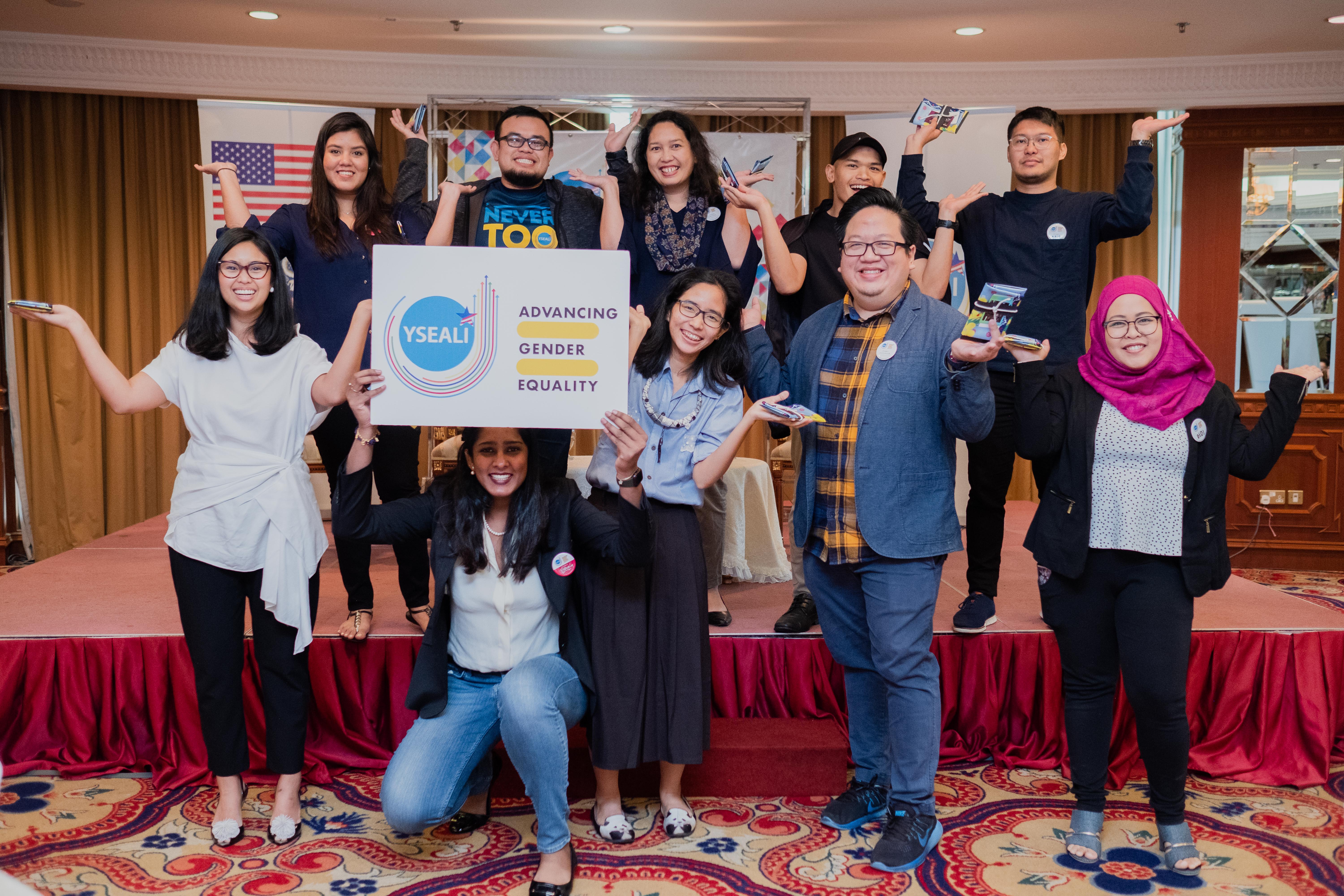
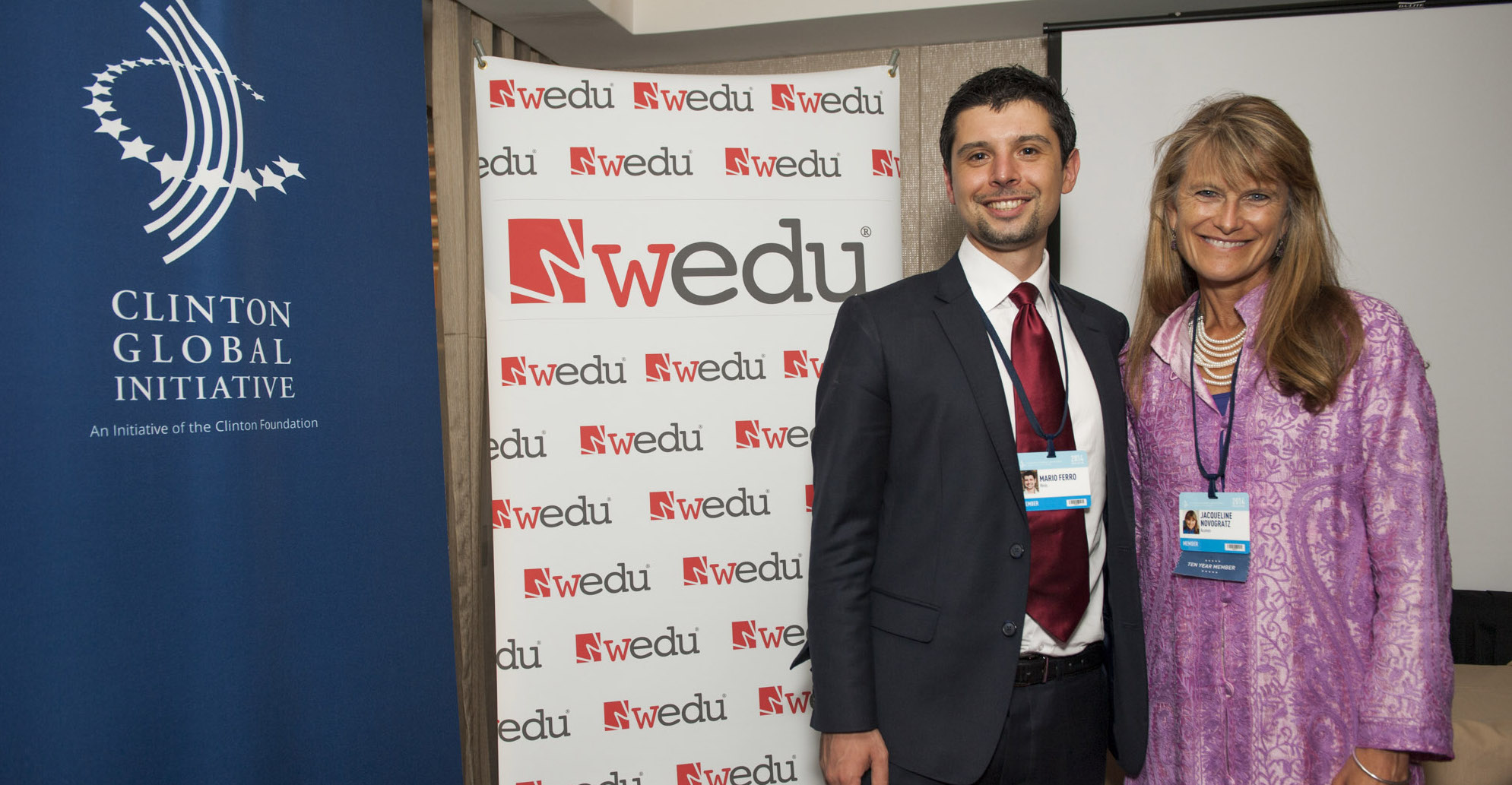
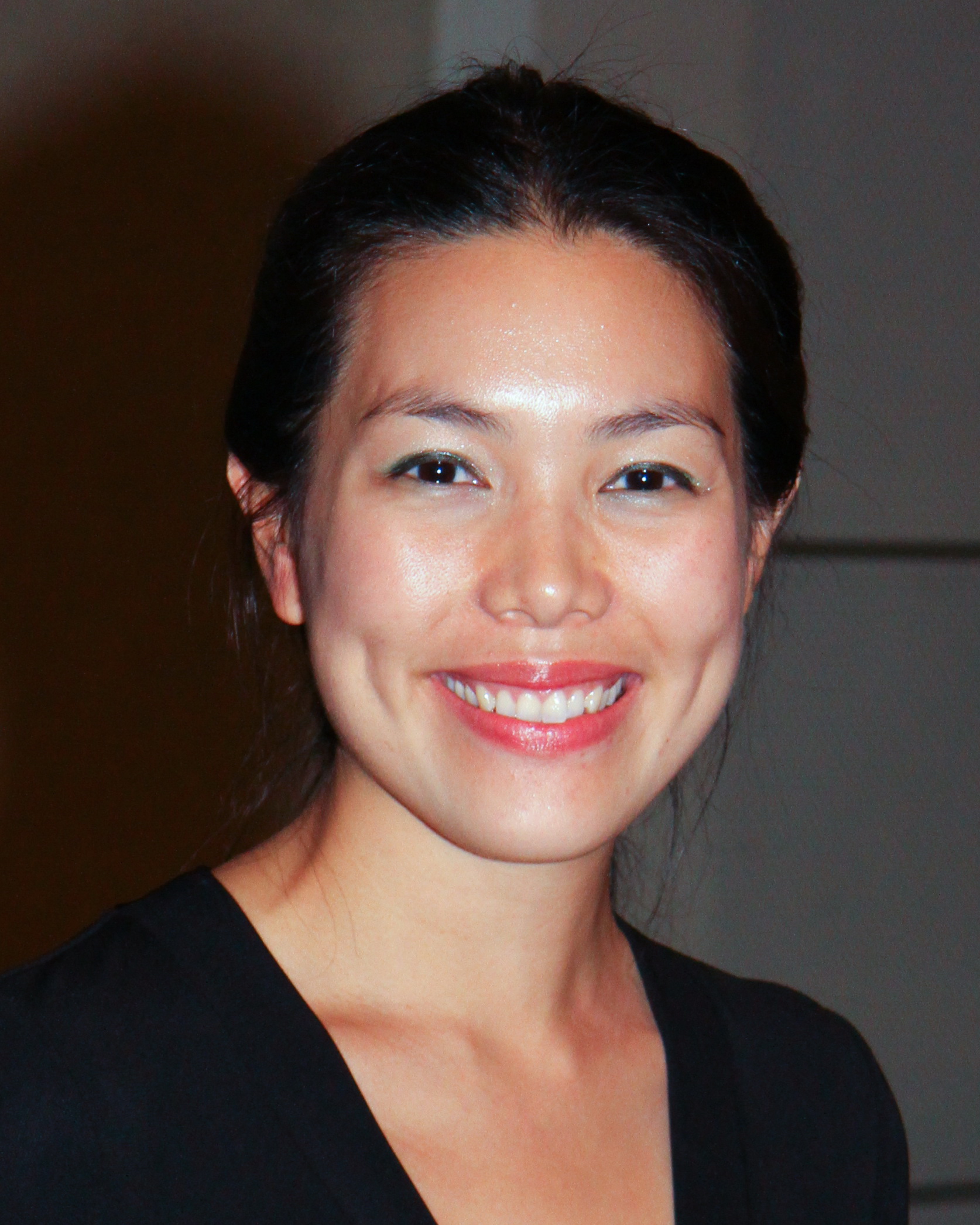
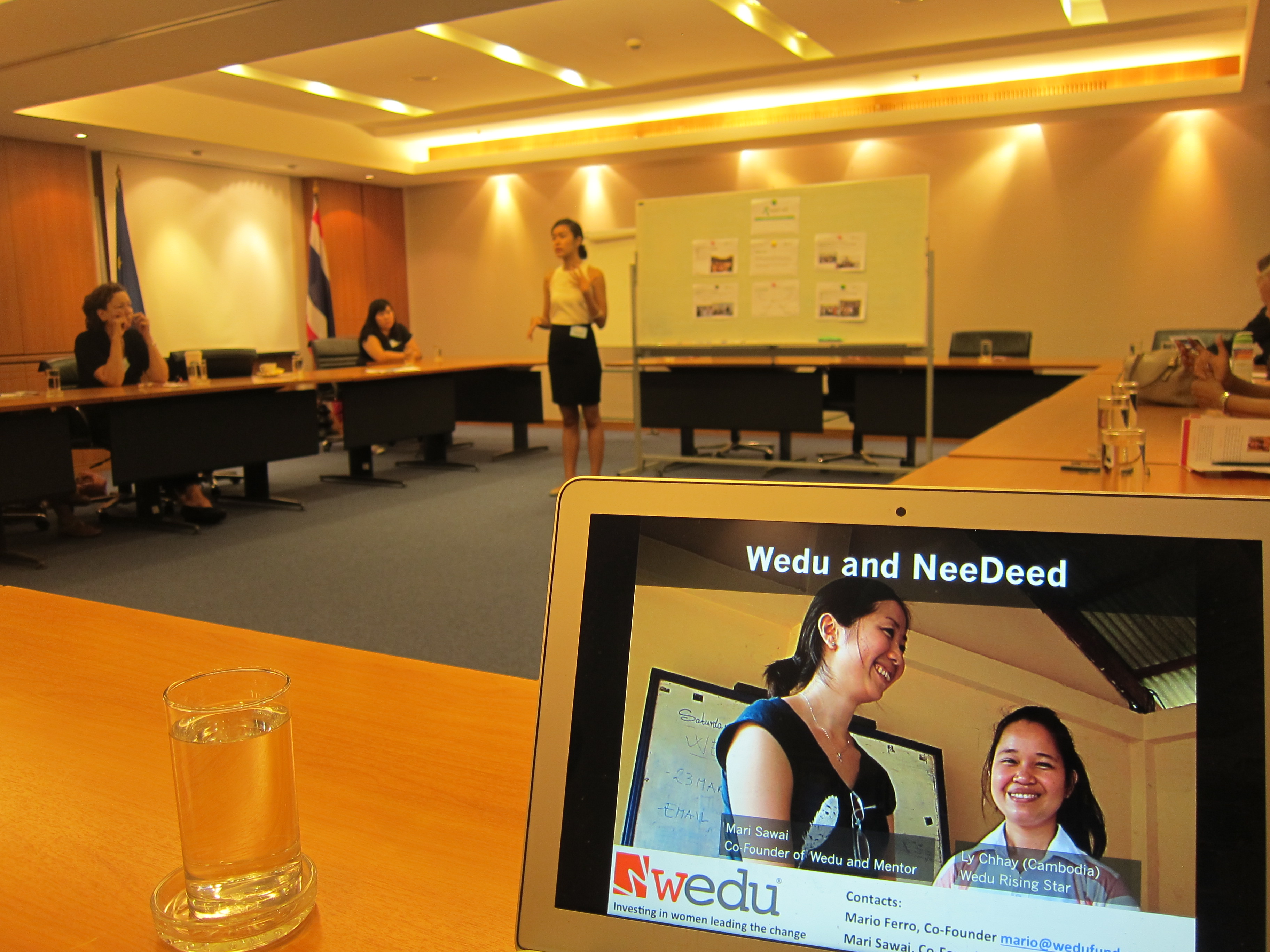
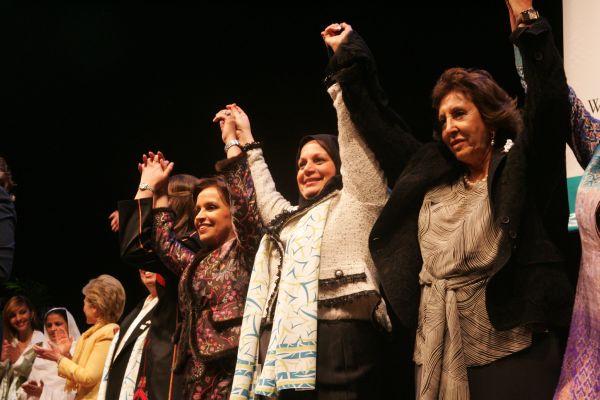
 Angela Merkel, Dilma Rousseff, Yingluck Shinawatra, Joyce Banda... Just to name a few of the incumbent female heads of government around the world. Compared to a century ago, women are gaining importance in both international and domestic politics as they are occupying various important positions in national governments and multilateral organizations. While it seems that more and more female politicians are rising in power, let us not be contend with the status-quo: only one-fifth of the seats in the parliaments are occupied by women worldwide, and the figure in Asia, Middle East and Pacific is even lower than the world average. Women, in today’s world, are still underrepresented in the political arena. What are the major obstacles that women face in political participation? According to studies, it is a complex issue as it can be traced back to a number of institutional, historical, socio-economic as well as cultural factors. UN Women found that in Bhutan,
Angela Merkel, Dilma Rousseff, Yingluck Shinawatra, Joyce Banda... Just to name a few of the incumbent female heads of government around the world. Compared to a century ago, women are gaining importance in both international and domestic politics as they are occupying various important positions in national governments and multilateral organizations. While it seems that more and more female politicians are rising in power, let us not be contend with the status-quo: only one-fifth of the seats in the parliaments are occupied by women worldwide, and the figure in Asia, Middle East and Pacific is even lower than the world average. Women, in today’s world, are still underrepresented in the political arena. What are the major obstacles that women face in political participation? According to studies, it is a complex issue as it can be traced back to a number of institutional, historical, socio-economic as well as cultural factors. UN Women found that in Bhutan,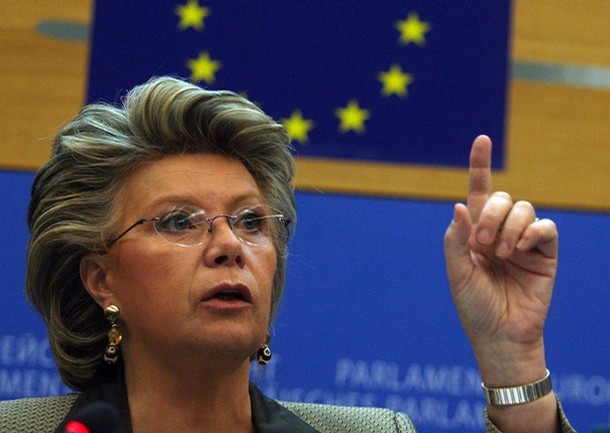
 Gender equality has been one of the founding principles of the European Union, and the principle has been successfully upheld as believed by many: men and women seem to enjoy equal fundamental rights in their daily lives, and nine out of ten highest ranked countries in terms of gender equality are in Europe, according to the United Nations Development Programme. The European women are apparently better off than their counterparts in other parts of the world, but the recent developing in the EU might have suggested that women still face invisible barriers to their advancement in the workplace. A week ago, the EU decided in the last minute to postpone the vote on a plan to oblige companies to reach a 40 percent female boardroom quota by 2020 as it was deeply unpopular with many of its member countries.
Gender equality has been one of the founding principles of the European Union, and the principle has been successfully upheld as believed by many: men and women seem to enjoy equal fundamental rights in their daily lives, and nine out of ten highest ranked countries in terms of gender equality are in Europe, according to the United Nations Development Programme. The European women are apparently better off than their counterparts in other parts of the world, but the recent developing in the EU might have suggested that women still face invisible barriers to their advancement in the workplace. A week ago, the EU decided in the last minute to postpone the vote on a plan to oblige companies to reach a 40 percent female boardroom quota by 2020 as it was deeply unpopular with many of its member countries. If we are going to see real development in the world then our best investment is women. - Desmond Tutu, 1984 Nobel Peace Prize This year’s International Day for Disaster Reduction (IDDR) will be observed on 13th October. Since 1990 when it first begun, IDDR has become an important event which highlights the successes and the continuous attempts toward achieving safer and more resilient communities. “We cannot eliminate disasters, but we can mitigate risk”, said Ban Ki-moon, the Secretary-General of the United Nations in his statement for the IDDR. “We can reduce damage and we can save more lives.” The IDDR reminds us of the importance of preparedness at normal times. Natural hazards, such as earthquakes, floods and cyclones, need not to turn into “disasters” with casualties and economic damages – if effective preventive measures are in place. This year, the theme of the IDDR is
If we are going to see real development in the world then our best investment is women. - Desmond Tutu, 1984 Nobel Peace Prize This year’s International Day for Disaster Reduction (IDDR) will be observed on 13th October. Since 1990 when it first begun, IDDR has become an important event which highlights the successes and the continuous attempts toward achieving safer and more resilient communities. “We cannot eliminate disasters, but we can mitigate risk”, said Ban Ki-moon, the Secretary-General of the United Nations in his statement for the IDDR. “We can reduce damage and we can save more lives.” The IDDR reminds us of the importance of preparedness at normal times. Natural hazards, such as earthquakes, floods and cyclones, need not to turn into “disasters” with casualties and economic damages – if effective preventive measures are in place. This year, the theme of the IDDR is